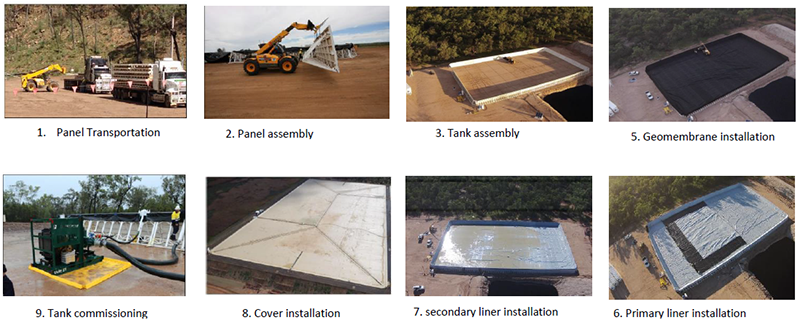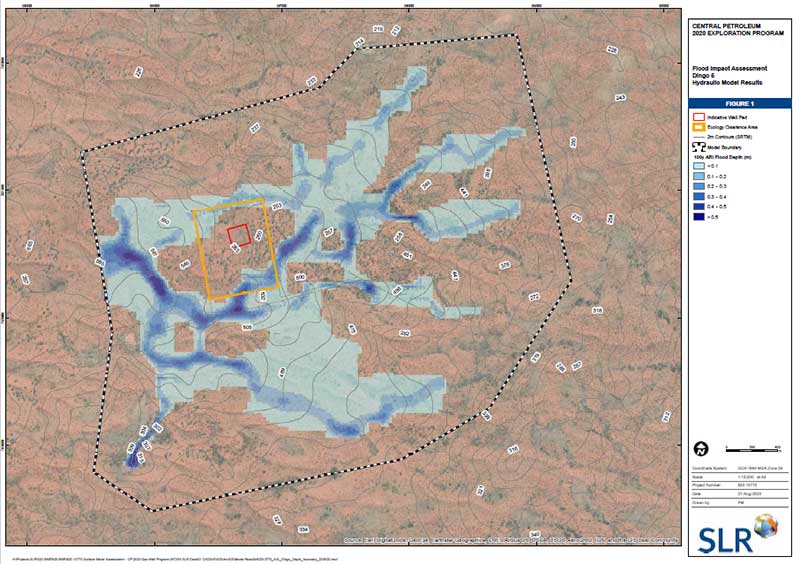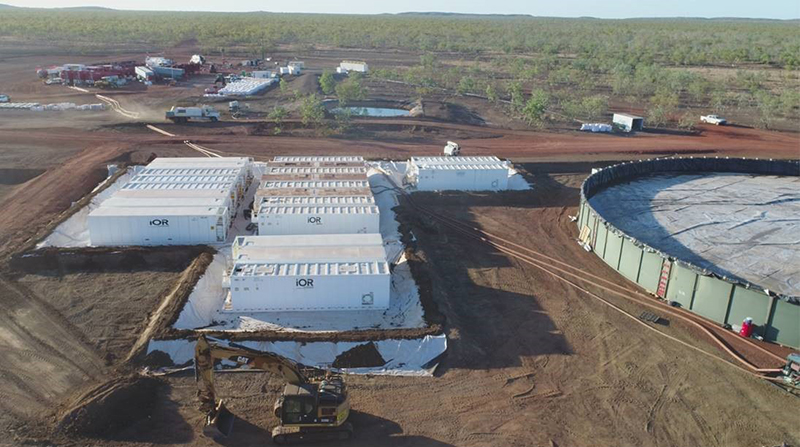Managing Wastewater from Petroleum Operations
Issued 25 Mar 2021
Managing Wastewater from Petroleum Operations
The Environment Division within the Department of Environment, Parks and Water Security (DEPWS) is responsible for administering the Petroleum (Environment) Regulations under the Petroleum Act.
The community has asked the regulator how wastewater from petroleum operations is managed during the wet season. This is an important question because of the very high rainfalls this wet season.
This community bulletin provides an overview of the regulatory framework for wastewater management and describes how officers in the Environment Division ensure compliance with the legal requirements.
Wastewater Management in the Beetaloo Sub-basin
All wastewater generated as part of an onshore petroleum activity must be managed in accordance with an approved Environment Management Plan and the Code of Practice: Onshore Petroleum Activities in the Northern Territory (the Code).
The Code requires that wastewater from hydraulic fracturing is stored in enclosed tanks constructed above the ground (unless the wastewater is being treated for reuse or disposal). The Code also requires that the above-ground tanks are monitored daily during the wet season.
To ensure the best overall environmental outcomes are achieved, interest holders are required to implement a range of measures to reduce the risk of overtopping during the wet season. For example:
- Wastewater tank pads must be located above 1 in 100 year flood levels and fitted with leak detection and secondary bunding in the event the tank fails
- There must be a gap between the water level and the top of the tank (called “freeboard”) to accommodate a 1 in 1000 year rainfall event of 90 days. In the Beetaloo the freeboard should be around 1.5m
- The interest holder must have capacity to transfer wastewater into above-ground covered tanks at least 8 hours in advance of any predicted significant rainfall event to ensure minimum freeboard is maintained in the open tanks. The pumping transfer equipment must be tested by the interest holder to ensure it works
- All wastewater storage tanks must be fitted with level monitoring telemetry that reports back to the interest holder and is actively managed to ensure the minimum freeboard is maintained.
Authorised DEPWS officers have conducted inspections at all sites where there has been hydraulic fracturing activities before, during and following the activities. Inspectors verified that hydraulic fracturing chemicals were removed from site following activities and that wastewater was managed in accordance with the Environment Management Plan and the Code.


